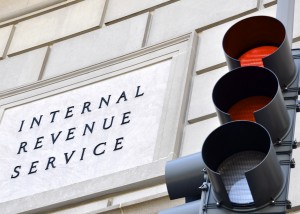Beginning July 1, 2013, the transfer at death of certain family owned business interests are exempt from the Pennsylvania inheritance tax. Pennsylvania Inheritance Tax is currently 4.5% for linear descendants, 12% for siblings and 15% for everyone else. To qualify for the family-owned business exemption, a family-owned business interest must:
- Have been in existence for five years prior to the decedent’s death;
- Have less than 50 full time equivalent employees and a net book value of assets totaling less than $5,000,000 at the date of the decedent’s death;
- Be engaged in a trade or business, the principal purpose of which is not the management of investments or income producing assets;
- Be transferred to one or more qualified transferees – the decedent’s husband or wife, grandfather, grandmother, father, mother, or children, siblings or their children. Children include natural children, adopted children; and stepchildren;
- Owned by a qualified transferee for a minimum of seven years after the decedent’s death;
- Reported on a timely filed Pennsylvania inheritance tax return and filed within 9 months of the decedents date of death, or within 15 months of the decedent’s date of death if the estate or person required to file the return was granted the six month statutory extension.
The transferee must file an annual certification and notify the Pennsylvania Department of Revenue within thirty days of any transaction or occurrence causing the qualified family-owned business to fail to qualify for the exemption. Failure to comply with the certification or notification requirements results in a total loss of the exemption.
If you feel you qualify for the family-owned business exemption please contact Gregory J. Spadea online or at 610-521-0604 of Spadea & Associates, LLC in Folsom, Pennsylvania.












